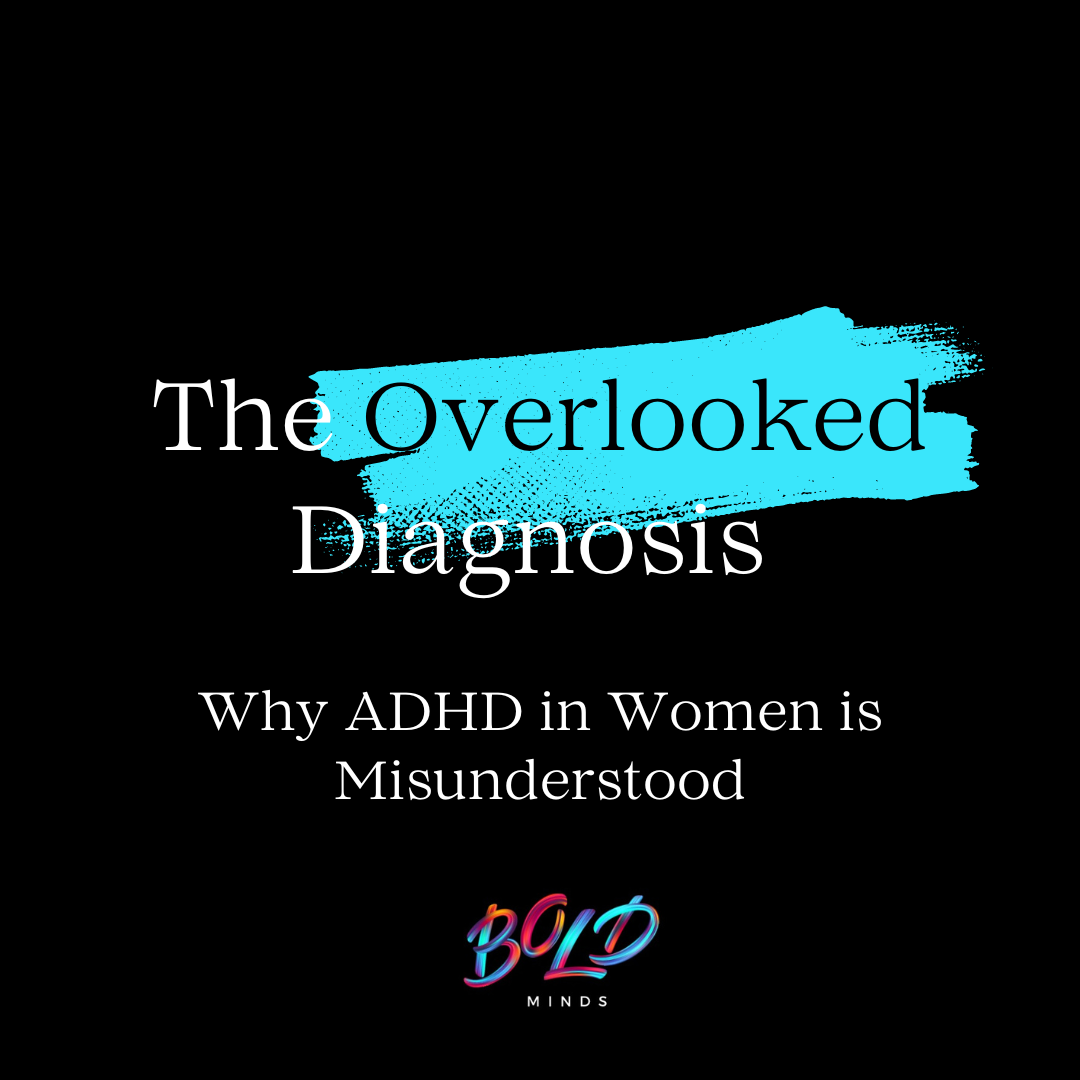ADHD has traditionally been associated with young boys who exhibit hyperactive or impulsive behaviors. This has led to a significant gap in diagnosis for women, who often display more subtle symptoms. Many women have been misdiagnosed or gone undiagnosed entirely, struggling in silence. It is only recently that a growing number of women, particularly mothers, are discovering their own ADHD after their children are diagnosed. This group of women, often called the “lost generation” of ADHD women, reveals just how misunderstood ADHD has been when it comes to females.
Why ADHD in Women Looks Different
ADHD presents differently in women compared to men. Women often experience chronic overwhelm, difficulty staying organized, and a persistent sense of inadequacy. In many cases, their symptoms are mistaken for anxiety, depression, or even perfectionism, which leads to ADHD going unnoticed for years. Women tend to mask their struggles, especially when societal pressures push them to appear put together and in control. As a result, many women, are left feeling mentally exhausted and burnt out, all while unaware of the underlying cause.
Struggling in the Workplace
In my own experience, workplace communication became a challenge I found very hard to articulate. My brain struggled to process verbal instructions, particularly when they were given quickly or with a lot of detail. I didn’t want to ask for help or clarification because I felt like I should be able to understand everything the first time. This left me feeling confused and overwhelmed, especially when key details would slip from my mind almost immediately after the conversation ended. My working memory often failed me, and I found myself unable to hold onto information long enough to act on it.
Emails weren’t always helpful either. They frequently lacked the clarity I needed, leaving me uncertain about what was expected of me. Even when I thought I had a clear understanding of a task and confidence that I would remember it, I would leave a meeting and soon realize I couldn’t remember the important points. This cycle of confusion led to intense frustration and a sense of being overwhelmed.
Mental Overload and Burnout
Without clear communication, I often didn’t know where to start or how to prioritize tasks. I would get caught up in small, insignificant details, losing sight of the bigger picture. My brain would stay in overdrive, constantly replaying conversations and tasks, trying to put the pieces together, but I couldn’t quite move forward. It felt like I was drowning internally, with no clear path to getting ahead.
This constant mental overload drained my energy and made it hard to feel like I was thriving in my role. The lack of clarity and difficulty asking for help began to erode my productivity and confidence. But once I realized that these communication struggles and memory lapses were connected to my ADHD, I started to create strategies that worked with my brain. By asking for written summaries, using visual aids, and clarifying expectations upfront, I regained control and improved my performance at work.
TL; DR
Recognizing these challenges as part of my ADHD was a critical turning point. Understanding my communication needs and working memory issues allowed me to craft strategies tailored to my strengths. By managing these symptoms, I was able to stop feeling overwhelmed and propel even futher while feeling confident.

+ show Comments
- Hide Comments
add a comment